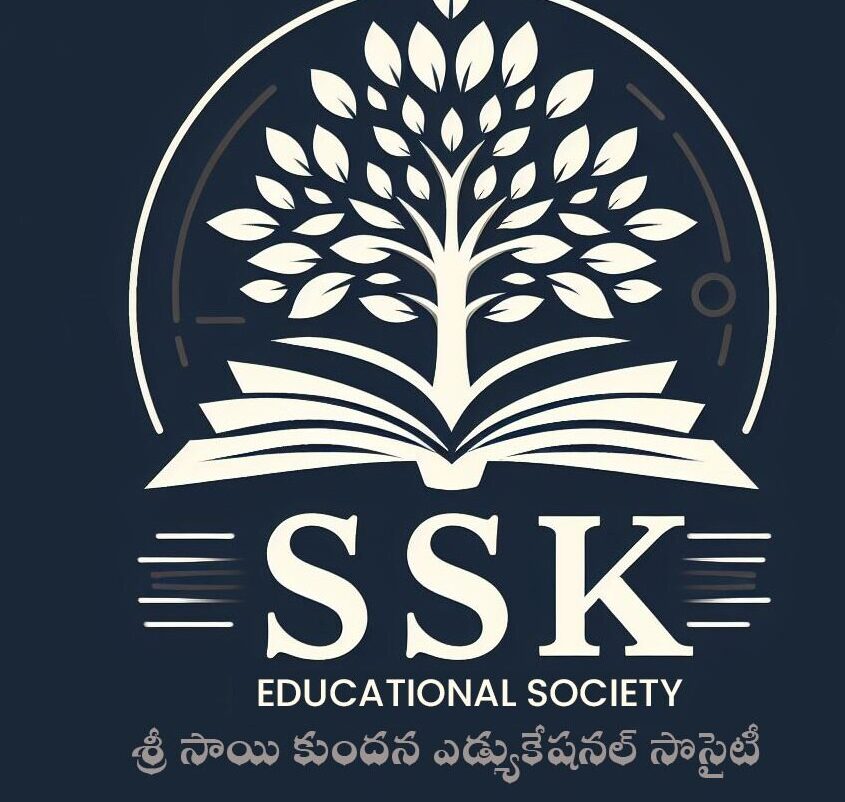
Introduction: In an era marked by rapid technological advancement and globalization, the study of knowledge transcends traditional disciplinary boundaries. The Master of Science in Social Studies of Knowledge (SSK) Education offers a unique opportunity to delve into the multifaceted aspects of knowledge creation, transmission, and reception within various social contexts. This interdisciplinary program is designed for individuals passionate about exploring the intricate interplay between knowledge, society, and education.
Specifications: The MSc in SSK Education program equips students with a comprehensive understanding of theoretical frameworks, research methodologies, and practical applications relevant to the field. Key areas of focus include:
- Historical Perspectives on Knowledge: Investigating how knowledge has been shaped, contested, and disseminated throughout history, with an emphasis on understanding the socio-political dynamics underlying these processes.
- Cultural and Societal Contexts of Knowledge: Exploring how cultural norms, values, and power structures influence the production, transmission, and reception of knowledge within diverse communities and social groups.
- Epistemological Foundations: Examining different philosophical and epistemological perspectives to critically evaluate the nature, validity, and reliability of knowledge claims across disciplines and domains.
- Educational Practices and Pedagogies: Analyzing the role of education in shaping knowledge systems, including curriculum development, pedagogical approaches, and the integration of technology in teaching and learning.
- Critical Theory and Social Justice: Engaging with critical theories to examine issues of inequality, marginalization, and power asymmetries in knowledge production and dissemination, with a focus on fostering inclusive and equitable educational environments.
- Research Methods and Inquiry Skills: Developing proficiency in qualitative and quantitative research methods, data analysis techniques, and scholarly inquiry to conduct original research and contribute to the advancement of knowledge in the field.
Subjects: The curriculum comprises a diverse range of subjects tailored to provide students with a comprehensive understanding of SSK Education. Sample subjects may include:
- Foundations of Social Studies of Knowledge
- History of Education and Knowledge Systems
- Sociology of Knowledge and Education
- Philosophy of Science and Epistemology
- Cultural Studies and Knowledge Production
- Critical Pedagogy and Transformative Learning
- Technology, Media, and Knowledge Society
- Research Design and Methodology in SSK Education
- Diversity, Equity, and Inclusion in Education
- Capstone Project or Thesis
By engaging with these subjects, students will develop the analytical, critical thinking, and research skills necessary to navigate complex socio-cultural landscapes and contribute meaningfully to educational theory and practice in an increasingly interconnected world.
